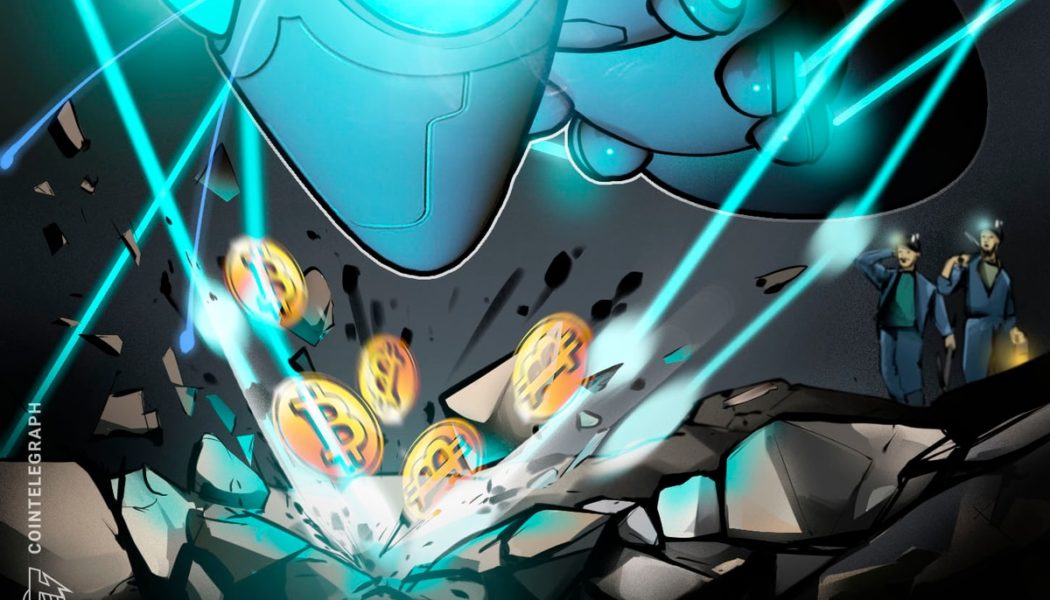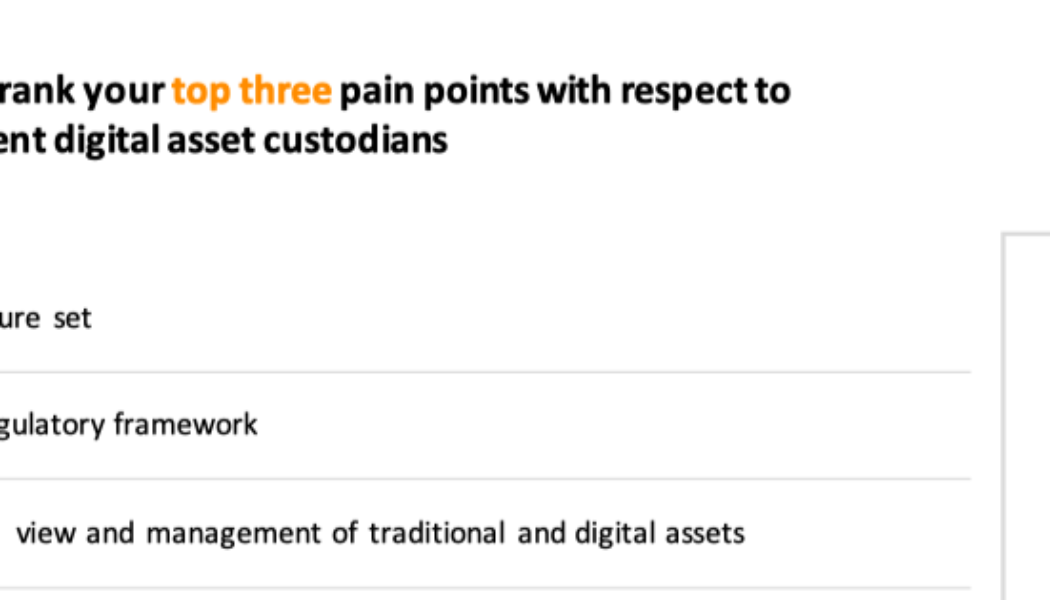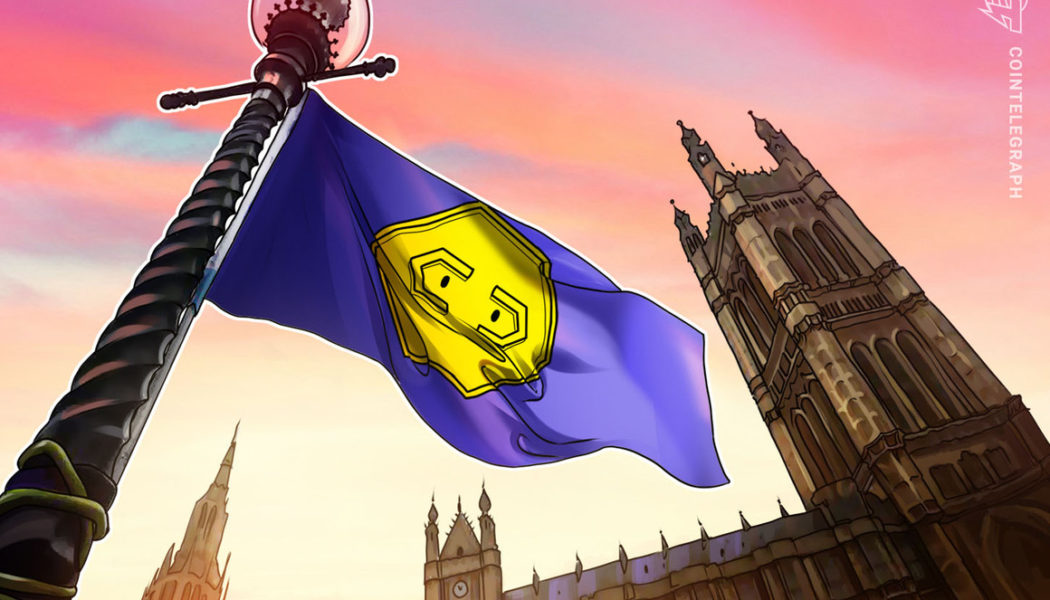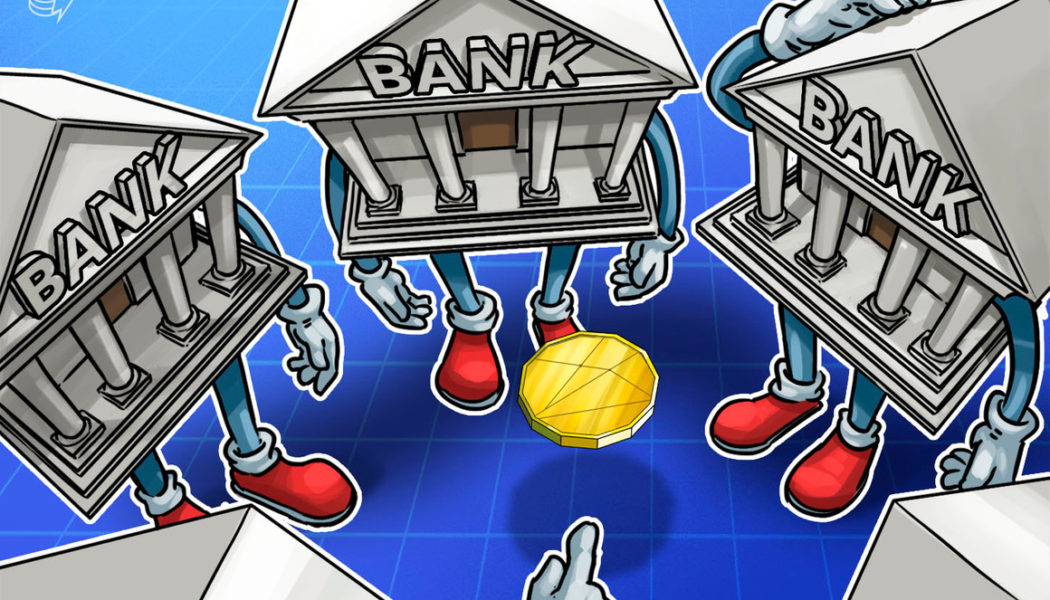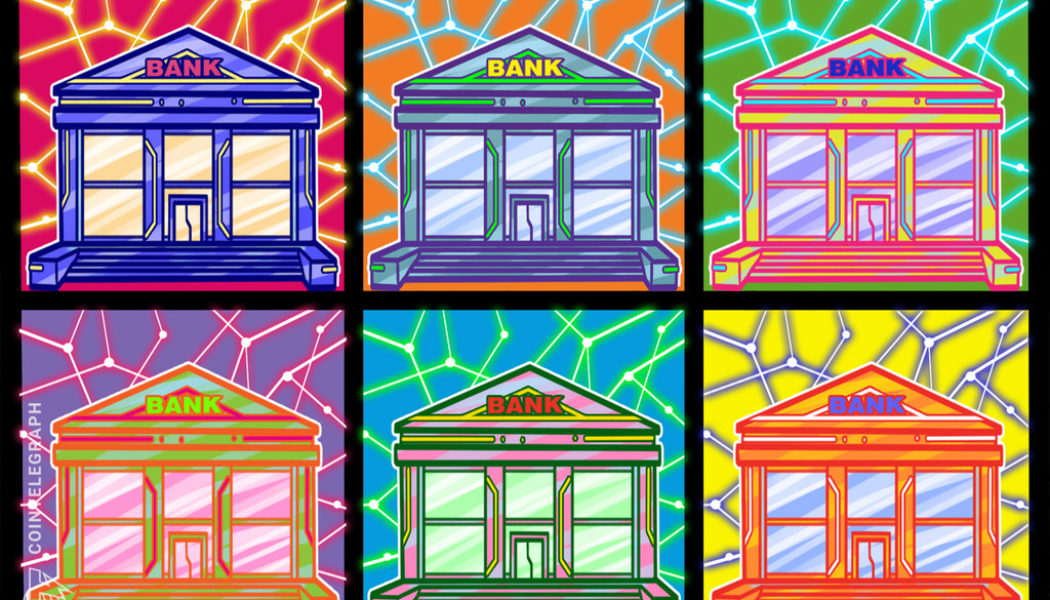Banking
Marathon Digital experiments with overclocking to increase competitive advantage
One of the largest Bitcoin mining operations in North America, Marathon Digital Holdings, has shared in an update that it has been experimenting with overclocking to increase its competitive advantage in the Bitcoin mining industry. Overclocking is the practice of increasing the clock speed of a computer’s central processing unit (CPU) or graphics processing unit (GPU) beyond the manufacturer’s rated maximum speed, potentially leading to improved performance in certain tasks. According to the company’s press release, it produced 475 BTC in December 2022, bringing its total mined Bitcoins in the fiscal year of 2022 to 4,144 BTC, a 30% increase from 3,197 BTC which was produced in 2021. Marathon’s Chairman and CEO, Fred Thiel commented on the company’s decision to experimen...
US federal agencies release joint statement on crypto asset risks and safe practices
United States federal bank regulatory agencies started off the new year with a statement on crypto assets looking back at the troubles of the crypto sector in 2022. The Federal Reserve, Federal Deposit Insurance Corporation (FDIC) and the Office of the Comptroller of the Currency (OCC) released a joint statement on Jan. 3 on past problems and their efforts to maintain sound banking practices in spite of those challenges. “It is important that risks related to the crypto-asset sector that cannot be mitigated or controlled do not migrate to the banking system,” the agencies stated. They identified eight specific risks, including fraud, volatility, contagion and similar familiar issues. Related: Approach with caution: US banking regulator’s crypto warning The agencies also noted that, “B...
What Goldman Sachs’ CEO misunderstands about private blockchains
Only one of the following news items is real, but someday, all will sound equally comical. Headline, 1896: The owner of Wagoneer & Sons, a leading horse-drawn carriage maker, has announced the adoption of a new machine called the “internal combustion engine” to improve its manufacturing process. “Gas engines are powerful but dangerous,” the owner said. “We will use them to make better wagons. Headline, 1918: The American Association of Candle Makers has announced a new initiative to electrify its wax-making process. It believes that electricity is too dangerous to use for lighting but can be utilized to make cheaper candles. Headline, 1989: The United States postal service will adopt a new technology called “the internet” to speed up the sorting and delivery of letters and postcards. H...
Block.one and its CEO become largest Silvergate Capital shareholders
Brendan Blumer, CEO of Block.one, which developed the EOSIO blockchain platform and EOS (EOS) coin, has purchased a stake in Silvergate Capital, the holding company for Silvergate Bank, a crypto-fiat gateway network designed for financial institutions, according to an SEC filing. That document, dated Nov. 23, listed Nov. 16 as the date of the transaction. The purchase of nearly 3 million shares represents 9.27% of Silvergate stock. Blumer purchased 571,351 shares personally, and Block.one purchased 2,363,186. According to CNN, this deal will make them Silvergate’s largest shareholder. @BrendanBlumer founder of EOS buys 9.27% of Silvergate Capital $SI + his company https://t.co/tZqWL2yAx6 buys 7.64%https://t.co/Wh64Odn9Nr — yeezus (@yeezuscapital) November 23, 2022 Block.one raised a record...
Senate Banking Committee Democrats warn SoFi about meeting its compliance deadline
Chairman of the United States Senate Banking Committee Sherrod Brown and three other Democratic committee members sent letters Nov. 21 to federal officials and to Anthony Noto, president of SoFi Technology. They expressed concern about the online bank’s efforts to conform to Federal Reserve Board requirements and nonbank digital asset trading activities conducted through SoFi Digital Assets. In the letter to Noto, Sherrod, along with Sens. Jack Reed, Chris Van Hollen and Tina Smith, notes that the Federal Reserve had said that SoFi “is currently engaged in crypto-asset related activities that the Board has not found to be permissible” for a bank holding company (BHC) or financial holding company (FHC). The Federal Reserve granted SoFi the status of financial holding company after its purch...
Banks still show interest in digital assets and DeFi amid market chaos
The cryptocurrency sector is the Wild Wild West in comparison to traditional finance, yet a number of banks are showing interest in digital assets and decentralized finance (DeFi). This year in particular has been notable for banks exploring digital assets. Most recently, JPMorgan demonstrated how DeFi can be used to improve cross-border transactions. This came shortly after BNY Mellon — America’s oldest bank — announced the launch of its Digital Asset Custody Platform, which allows select institutional clients to hold and transfer Bitcoin (BTC) and Ether (ETH). The Clearing House, a United States banking association and payments company, stated on Nov. 3 that banks “should be no less able to engage in digital-asset-related activities than nonbanks.” Banks aware of potential While ba...
Crypto adoption via regulation: Setting rules for centralized exchanges
Centralized cryptocurrency exchanges have become the backbone of the nascent crypto ecosystem, making way for retail and institutional traders to trade cryptocurrencies despite a constant fear of government crackdowns and lack of support from policymakers. These crypto exchanges over the years have managed to put self-regulatory checks and implemented policies in line with the local financial regulations to grow despite the looming uncertainty. Cryptocurrency regulation continues to occupy mainstream debates and experts’ opinions, but despite public demand and requests from stakeholders of the nascent ecosystem, policymakers continue to overlook the rapidly growing sector that reached a market capitalization of $3 trillion at the peak of the bull run in 2021. Over the past five years...
United Kingdom banks hate crypto, and that’s bad news for everyone
In 2018, the United Kingdom’s Financial Conduct Authority (FCA) wrote to the heads of the country’s biggest high street banks to emphasize the importance of due diligence when dealing with crypto businesses. That seems to have led to widespread high-risk ratings and bans on crypto-related banking, impacting both crypto businesses hoping to operate in the U.K. and investors alike. Banks are, understandably and responsibly, concerned with scams, but the current situation creates uncertainty. Crypto investors need to be able to move their money around as they like, and crypto businesses need access to payment rails for a variety of other reasons, such as paying staff and suppliers. A catch-22 that harms market competition By barring crypto businesses from accessing “mainstream” banking, organ...
Basel Committee crypto asset prudential treatment proposals get detailed responses
The comments period has ended for the Basel Committee on Banking Supervision (BCBS) “Second Consultation on the Prudential Treatment of Cryptoasset Exposures,” a document published in June 2022. International financial associations had a lot to say in response to it. Several did so at once in a joint 84-page comment letter released Oct. 4. In addition, there were a few lone voices, although they did not differ significantly in content from the conclusions made by the joint associations. All the commenters had the same basic message. Institute of International Finance (IIF) director of regulatory affairs Richard Gray, speaking on behalf of the joint associations working group that participated in the response letter, summed up the response when he told Cointelegraph in a stateme...
What is regenerative finance (ReFi) and how can it impact NFTs and Web3?
On Sept. 30, NFT Steez, a bi-weekly Twitter Spaces hosted by Alyssa Expósito and Ray Salmond, met with Mashiat Mutmainnah to discuss how regenerative finance (ReFi) can provide more accessibility and inclusivity to blockchain technology. As a “mission-driven movement,” Mutmainnah explains that ReFi enables users to redefine their relationship with the current financial system and their relationship with finance and wealth. Currently, in many countries, millions of people lack basic, equitable access to the financial services that would allow them to meet their daily needs. What if there were newer models that could sustainably alleviate this? According to Mutmainnah, ReFi can redefine what money means and how it’s used. What is the impact of ReFi? Mutmainnah e...
Japanese banking giant Nomura launches digital ecosystem VC arm
Nomura, one of the largest investment banks in Japan, has established a venture capital arm aimed at investing in companies focusing on crypto and blockchain. In a Wednesday announcement, Nomura said the business, named Laser Digital, will “provide new value in the area of digital assets” for clients under the Switzerland-based holding company Laser Digital Holdings AG. The investment bank said it chose Switzerland based on its “robust regulatory regime for digital assets and blockchain projects” in addition to potentially recruiting talent. “Staying at the forefront of digital innovation is a key priority for Nomura,” said president and group CEO of Nomura Holdings Kentaro Okuda. Laser Digital’s venture capital product, Laser Venture Capital, will focus on investments including centralize...
How a DAO for a bank or financial institution will look like
DAOs can provide several services for banks, including asset management, compliance and lending. Banks today are already using blockchain technology for things like payment, clearing and settlement, trade finance, identity and syndicated loans, according to The Financial Times. However, there are still many unexplored areas in banking where a DAO-based model might be useful: Fundraising In the crypto world, initial coin offerings (ICOs) are breaking down the barrier between access to capital and traditional services like capital-raising firms. Likewise, banks can use DAOs to raise capital from a wider pool of investors via ICOs. Loans and Credit Using decentralized technology in banking can eliminate the need for gatekeepers in the lending industry. DAOs provide more secure ways for people...
